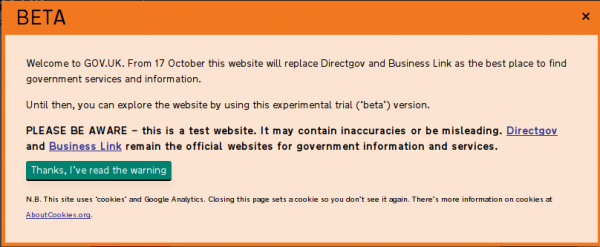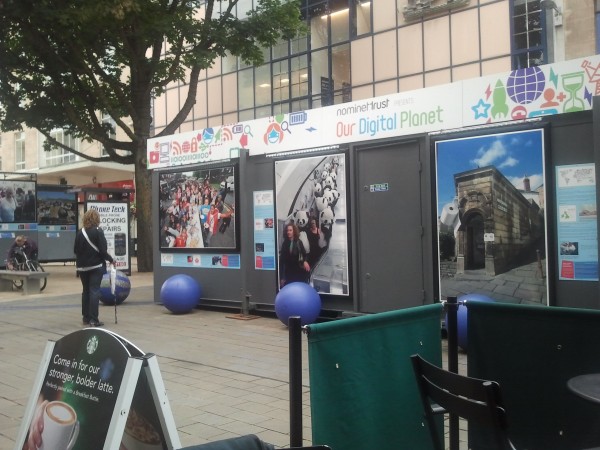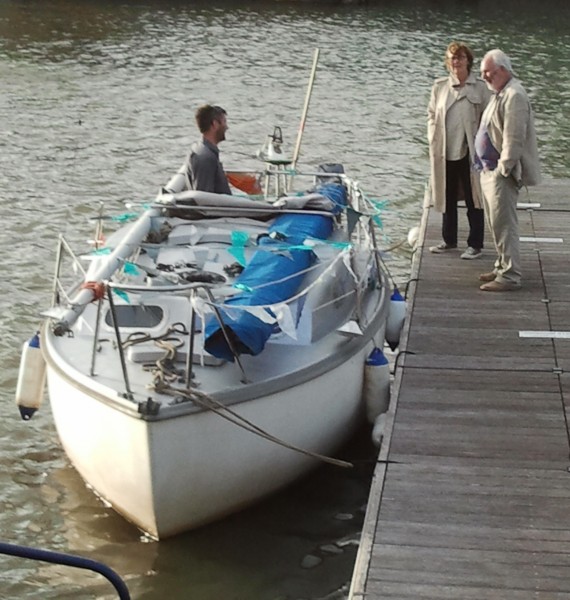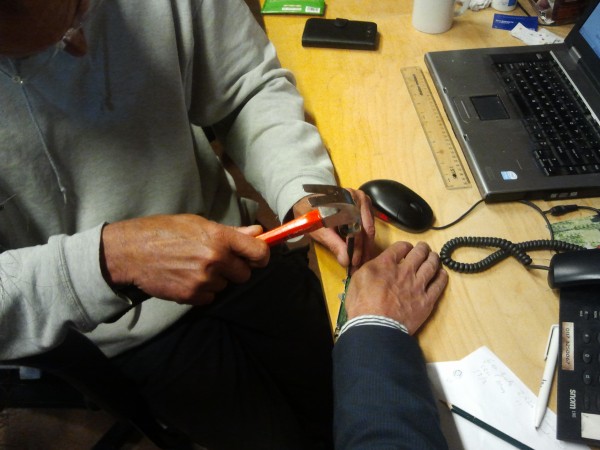Dear Ms Primarolo
Subject: Draft Communications Data Bill
I’m writing to you as Company Secretary of Bristol Wireless, a community co-operative that functions as a small ISP (we resell bandwidth to clients who are our network) and telecommunications provider (we also supply VoIP telephony services) and is based in your constituency.
I write to express our concerns about the draft Communications Data Bill, also known popularly as the Snoopers’ Charter, and how we view it as harmful to the interests of ourselves, our users and the population in general.
Before entering into our specific arguments, I would point out that at present the only monitoring and surveillance of our users that we carry out at present is to ensure the network remains usable for all our users (e.g. prevention of file sharing to ensure our telephones work properly).
In addition, we are uncertain as to whether the draft Bill would compel a small organisation such as ourselves to install new hardware for monitoring communications data and to store the said data. We are a volunteer-run co-operative and do not have the human, physical and financial resources to do so. There is consequently a risk that we could be put out of business by this illiberal measure.
The draft Communications Data Bill raises significant issues connected with human rights, privacy, security and the nature of the society in which we wish to live. These issues are raised by the Bill’s fundamental approach, not its detail. Addressing them would, in our opinion, require such a significant re-drafting of the bill that the better approach would be to withdraw the bill in its entirety and rethink the way that internet security and monitoring are addressed.
According to Liberty, the draft Bill will turn a nation of citizens into a nation of suspects. It won’t matter if you have never got so much as a speeding fine, personal information about you will be stored just in case it may prove useful one day. Put in another way, would you – as an upright, law-abiding citizen – be happy if the police popped by tomorrow to install a CCTV camera in your living room just in case they one day suspect you may have committed a crime? Crime prevention arguments must not unquestionably trump the privacy of law-abiding citizens.
The general public has been misled by the government and the mainstream media as to the purpose of the draft Bill. It is not about tackling serious crime or terrorism. Access to communications data is granted to local authorities and hundreds of other public bodies for a wide range of purposes that have nothing to do with crime fighting.
The Government assumes too much in assuming it has an automatic right to keep track of all of citizens’ electronic communications with each other: what we’re looking at online and who we’re emailing, talking to on Skype or texting. It doesn’t. If this is HMG’s logic, why does it not demand that we all report to it every day, telling them who we’ve met for lunch?
Stockpiling large amounts of data indiscriminately simply amounts to blanket surveillance. It turns a nation of citizens into a nation of suspects. Experience shows that amassing large databases of personal information inevitably leads to discrimination. The retention process lends itself to the great temptation of “data mining” – fishing expeditions based on clumsy stereotypes rather than reasonable suspicion of individual wrongdoing. In addition, there are already problems with unauthorised access to sensitive information with existing systems such as the Police National Computer DVLA database and local authority and health records. These problems would be multiplied many times over with the amounts of stored data envisaged by the draft Bill.
Furthermore, any increase in the level of surveillance would inevitably result in an increased use of encryption, thus rendering the surveillance useless, unless public sector technicians are skilled in the art of removing encryption. Moreover, those alleged terrorists and organised criminals – if they are using the internet at all for their nefarious activities – are probably already using encryption and other security measures to obfuscate their activities.
Finally, I’d point out that given the technology that’s likely to be needed, the Government may well end up building the technical infrastructure to intercept all our communications.
I would be happy to discuss these matters further with you should you so wish. In addition, there is plenty of other information available via the Open Rights Group website (http://www.openrightsgroup.org).
Yours sincerely

 French Prime Minister Jean-Marc Ayrault has just distributed a circular on “
French Prime Minister Jean-Marc Ayrault has just distributed a circular on “







 The
The 
 On August 16, the Debian community will celebrate that epic Linux distro’s 19th birthday since Ian Murdock’s
On August 16, the Debian community will celebrate that epic Linux distro’s 19th birthday since Ian Murdock’s 
